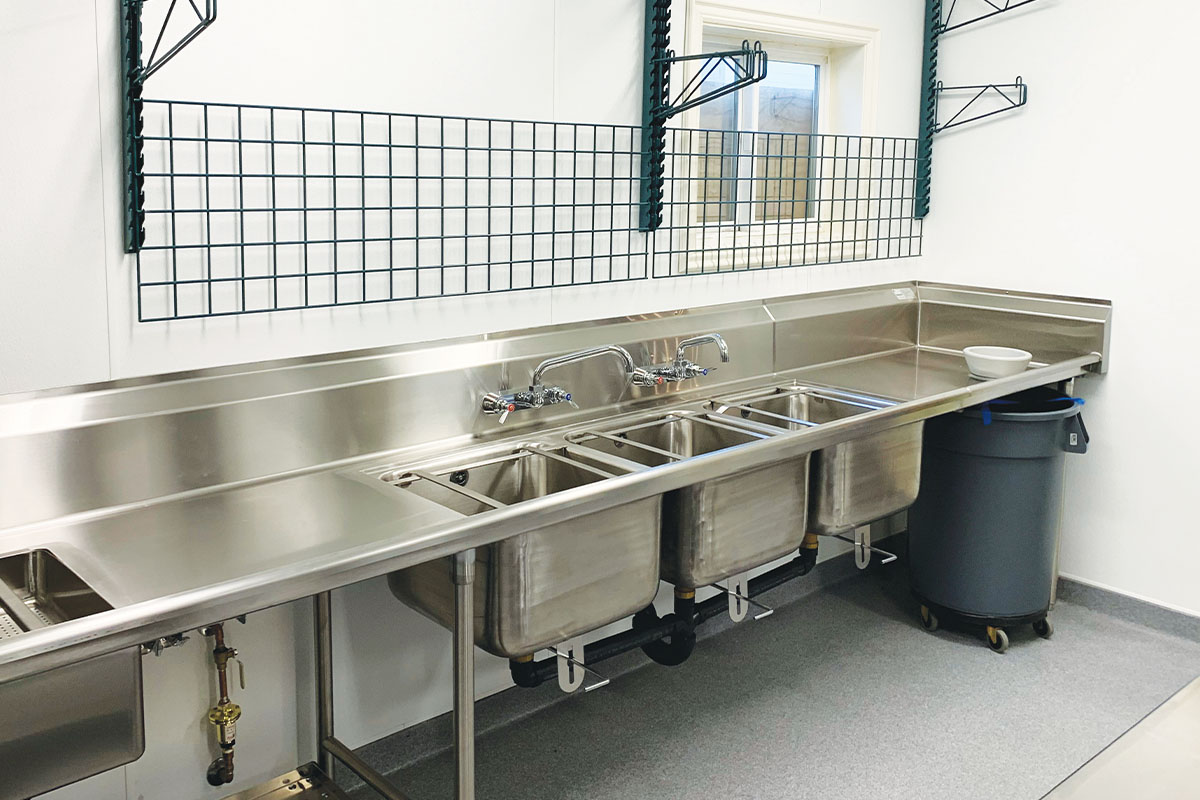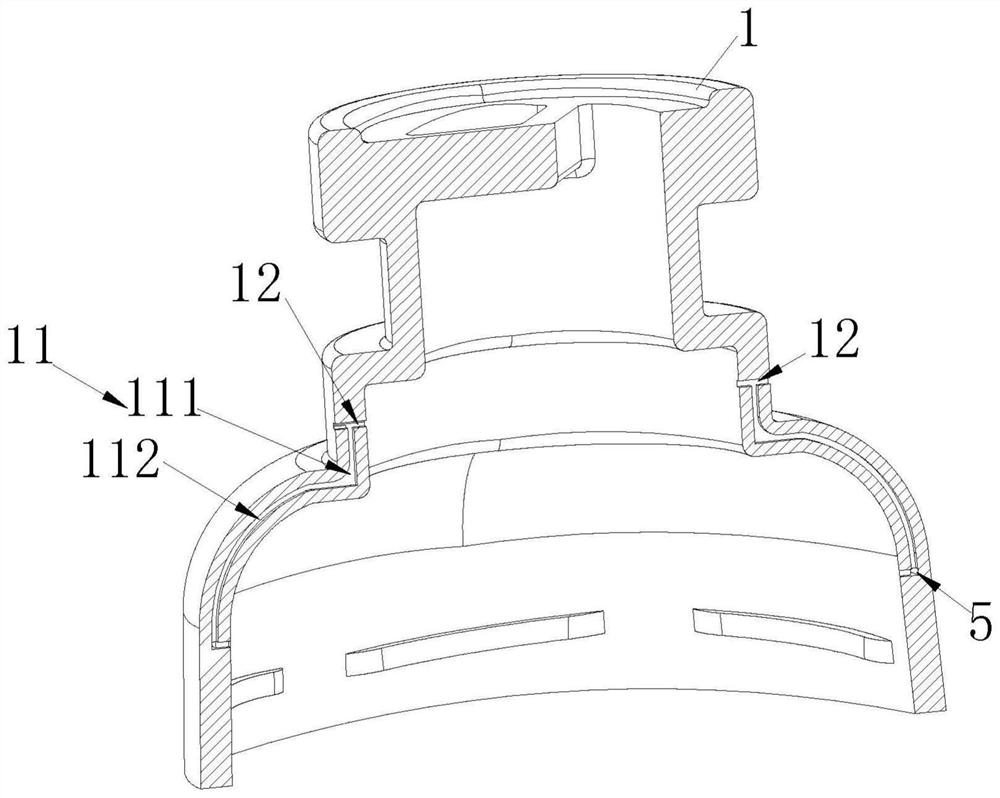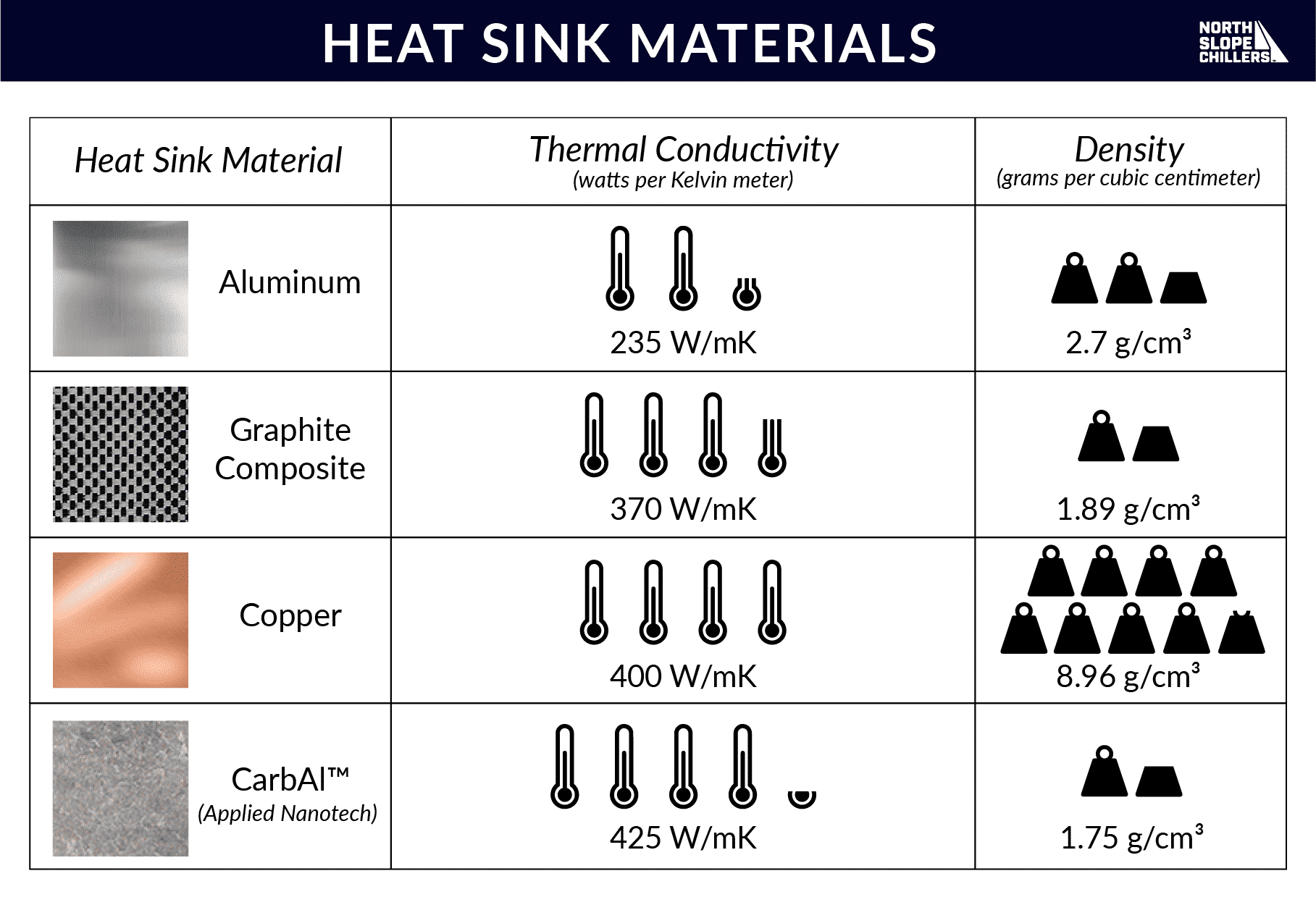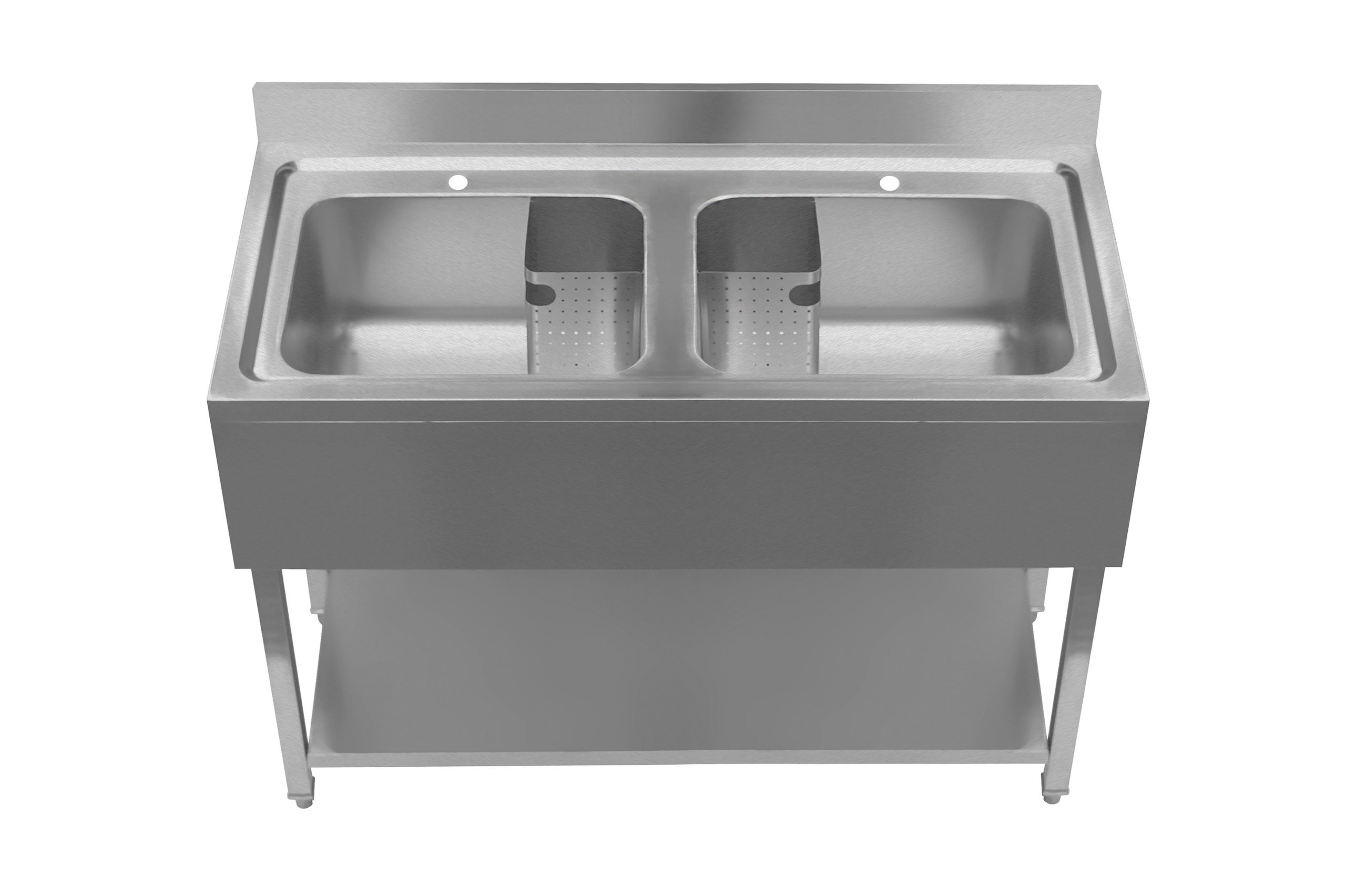The main difference between 16 and 18 gauge kitchen sinks lies in their gauge measurement. The gauge of a sink refers to its thickness, with a lower gauge number indicating a thicker and more durable material. In this case, a 16 gauge sink is thicker than an 18 gauge sink, making it a more heavy-duty option for your kitchen.1. Gauge Measurement
As mentioned, the thickness of a sink is directly related to its gauge measurement. A 16 gauge sink is typically 0.0625 inches thick, while an 18 gauge sink is 0.05 inches thick. While this may not seem like a significant difference, it can impact the overall strength and durability of the sink.2. Sink Thickness
Since a 16 gauge sink is thicker and heavier than an 18 gauge sink, it is generally considered to be more durable and long-lasting. It is less likely to dent or scratch, making it a popular choice for high-traffic kitchens or those with heavy use. However, both 16 and 18 gauge sinks are made from high-quality materials and can withstand daily use.3. Material Durability
One of the main differences between 16 and 18 gauge kitchen sinks is the price. Due to its thicker material and increased durability, a 16 gauge sink is typically more expensive than an 18 gauge sink. However, the price difference may not be significant, and it ultimately depends on the brand, size, and style of the sink.4. Price Difference
When it comes to installation, a 16 gauge sink may be more challenging to install compared to an 18 gauge sink. Its heavier and thicker material may require extra support and reinforcement, making it a more labor-intensive process. On the other hand, an 18 gauge sink is lighter and easier to install, making it a more popular choice for DIY projects.5. Installation Difficulty
Another factor to consider when choosing between 16 and 18 gauge kitchen sinks is the noise level. Thicker sinks, such as a 16 gauge, tend to be quieter and reduce the sound of water hitting the bottom of the sink. This can be beneficial for those with open-concept kitchens or for those who prefer a quieter space.6. Noise Reduction
As mentioned earlier, a 16 gauge sink is thicker and more durable than an 18 gauge sink. This added thickness provides increased resistance to dents and scratches, making it a more practical choice for busy kitchens. However, both types of sinks are made from high-quality materials and can withstand daily wear and tear.7. Resistance to Dents and Scratches
The thickness and material of a sink can also impact its capacity. A 16 gauge sink, being thicker and heavier, may have a smaller bowl capacity compared to an 18 gauge sink. This may not be a significant difference for smaller sinks, but it can make a noticeable difference in larger sinks or double-bowl sinks.8. Sink Capacity
When it comes to maintenance, both 16 and 18 gauge kitchen sinks are relatively easy to clean and maintain. However, the thickness of a sink can impact its resistance to scratches and stains. A 16 gauge sink may require less maintenance as it is less prone to scratches and stains, but regular cleaning and care are still necessary for both types of sinks.9. Maintenance Requirements
Lastly, the overall appearance of a sink can also be a deciding factor for many homeowners. A 16 gauge sink, with its thicker material, can have a more substantial and bolder appearance compared to an 18 gauge sink. This can add a touch of luxury and sophistication to your kitchen, making it a great choice for those looking for a statement piece. In conclusion, the main difference between 16 and 18 gauge kitchen sinks lies in their gauge measurement, thickness, durability, price, installation difficulty, noise reduction, resistance to dents and scratches, capacity, maintenance requirements, and overall appearance. Both types of sinks are high-quality and can be a great addition to any kitchen, so it ultimately comes down to personal preference and budget. Regardless of your choice, make sure to choose a reputable brand and properly maintain your sink to ensure its longevity and functionality.10. Overall Appearance
Choosing the Right Gauge for Your Kitchen Sink
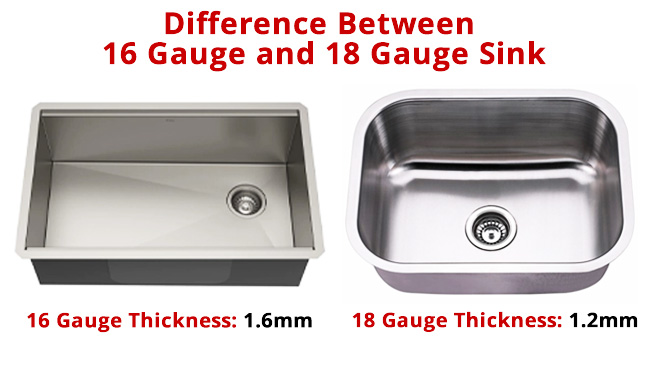
Understanding the Difference Between 16 and 18 Gauge Kitchen Sinks
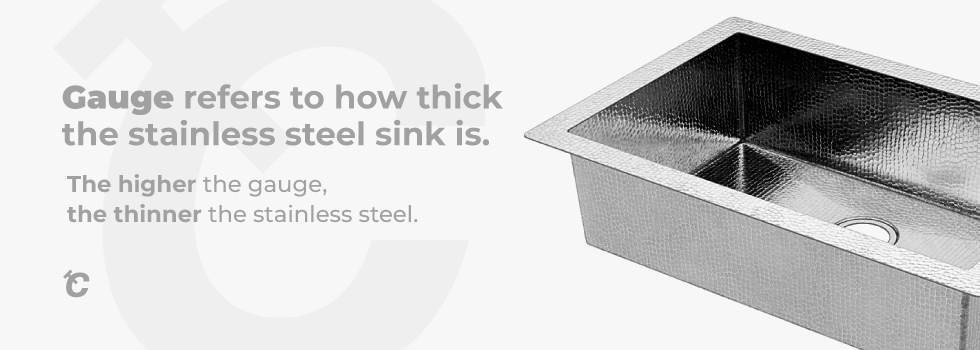 When it comes to choosing a kitchen sink, one of the most important factors to consider is the gauge of the sink. The gauge refers to the thickness of the metal used to make the sink, with a lower gauge number indicating a thicker and more durable sink. Two of the most common gauge options for kitchen sinks are 16 and 18 gauge. While they may seem similar, there are some key differences between the two that can impact your kitchen design and functionality.
16 gauge
sinks are thicker and more durable than 18 gauge sinks. This means they are less likely to dent or scratch, making them a great option for heavy use kitchens or for those who want a long-lasting sink. They also tend to have a more solid and sturdy feel, which can add to the overall quality of your kitchen design. However, the thicker material also means a higher price point, so keep that in mind when considering your budget.
On the other hand,
18 gauge
sinks are slightly thinner and less expensive than 16 gauge sinks. While they may not be as durable, they are still a good option for everyday use kitchens. They also tend to have a more sleek and modern look, which can be appealing for those who value aesthetics in their kitchen design. Additionally, the thinner material of 18 gauge sinks makes them easier to install and can be a more cost-effective option for those on a tighter budget.
So which gauge is right for you?
Ultimately, the answer depends on your personal preferences and needs. If you want a sink that will withstand heavy use and last for years to come, then a 16 gauge sink may be the better choice. However, if you are looking for a more budget-friendly option or prefer a sleeker design, then an 18 gauge sink may be the way to go.
When making your decision, also consider the size and shape of your sink. While both 16 and 18 gauge sinks come in a variety of sizes and styles, 16 gauge sinks tend to have a wider range of options. So if you have a specific design in mind, a 16 gauge sink may offer more flexibility.
In conclusion, when choosing between a 16 and 18 gauge kitchen sink, it's important to consider your budget, usage, and design preferences. Both options have their own benefits and drawbacks, so be sure to weigh them carefully before making your final decision. Whichever gauge you choose, make sure to also consider the material and finish of the sink to ensure it complements your overall kitchen design.
When it comes to choosing a kitchen sink, one of the most important factors to consider is the gauge of the sink. The gauge refers to the thickness of the metal used to make the sink, with a lower gauge number indicating a thicker and more durable sink. Two of the most common gauge options for kitchen sinks are 16 and 18 gauge. While they may seem similar, there are some key differences between the two that can impact your kitchen design and functionality.
16 gauge
sinks are thicker and more durable than 18 gauge sinks. This means they are less likely to dent or scratch, making them a great option for heavy use kitchens or for those who want a long-lasting sink. They also tend to have a more solid and sturdy feel, which can add to the overall quality of your kitchen design. However, the thicker material also means a higher price point, so keep that in mind when considering your budget.
On the other hand,
18 gauge
sinks are slightly thinner and less expensive than 16 gauge sinks. While they may not be as durable, they are still a good option for everyday use kitchens. They also tend to have a more sleek and modern look, which can be appealing for those who value aesthetics in their kitchen design. Additionally, the thinner material of 18 gauge sinks makes them easier to install and can be a more cost-effective option for those on a tighter budget.
So which gauge is right for you?
Ultimately, the answer depends on your personal preferences and needs. If you want a sink that will withstand heavy use and last for years to come, then a 16 gauge sink may be the better choice. However, if you are looking for a more budget-friendly option or prefer a sleeker design, then an 18 gauge sink may be the way to go.
When making your decision, also consider the size and shape of your sink. While both 16 and 18 gauge sinks come in a variety of sizes and styles, 16 gauge sinks tend to have a wider range of options. So if you have a specific design in mind, a 16 gauge sink may offer more flexibility.
In conclusion, when choosing between a 16 and 18 gauge kitchen sink, it's important to consider your budget, usage, and design preferences. Both options have their own benefits and drawbacks, so be sure to weigh them carefully before making your final decision. Whichever gauge you choose, make sure to also consider the material and finish of the sink to ensure it complements your overall kitchen design.

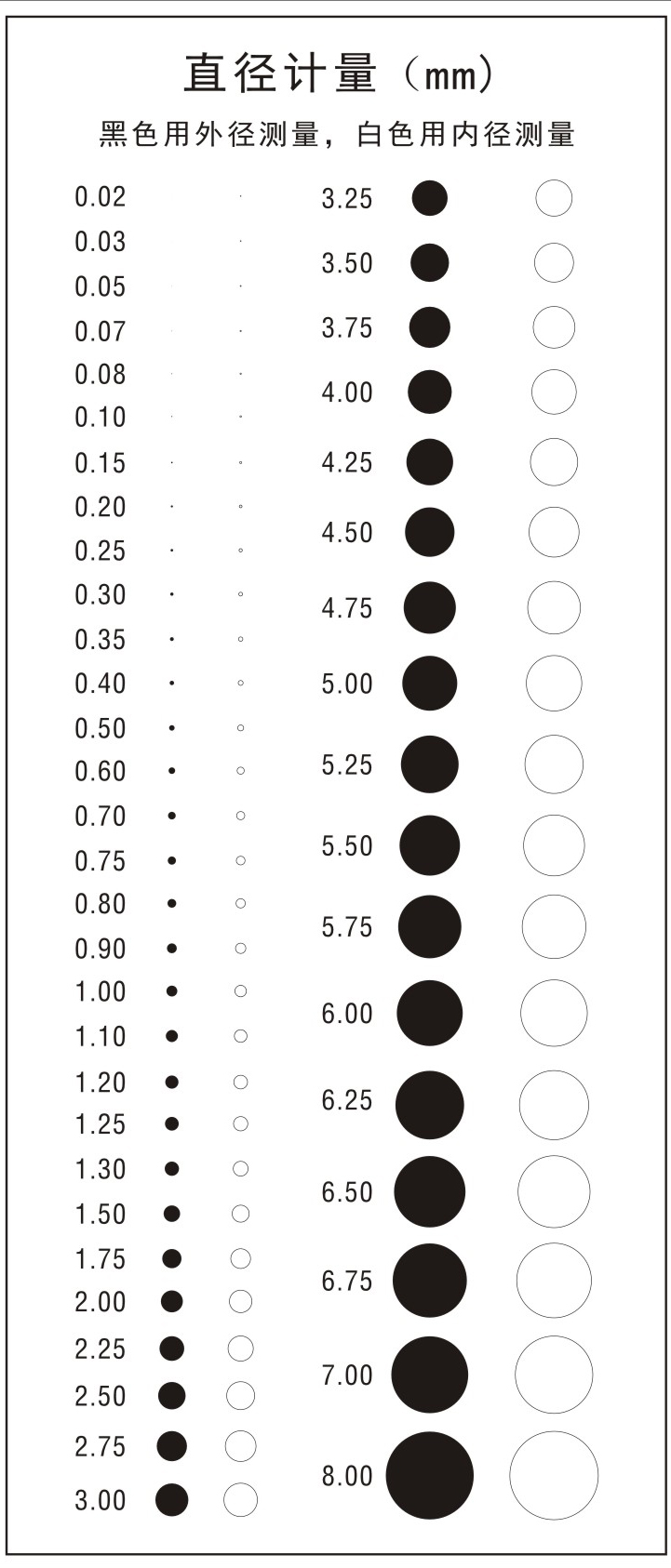











/how-to-install-a-sink-drain-2718789-hero-24e898006ed94c9593a2a268b57989a3.jpg)




